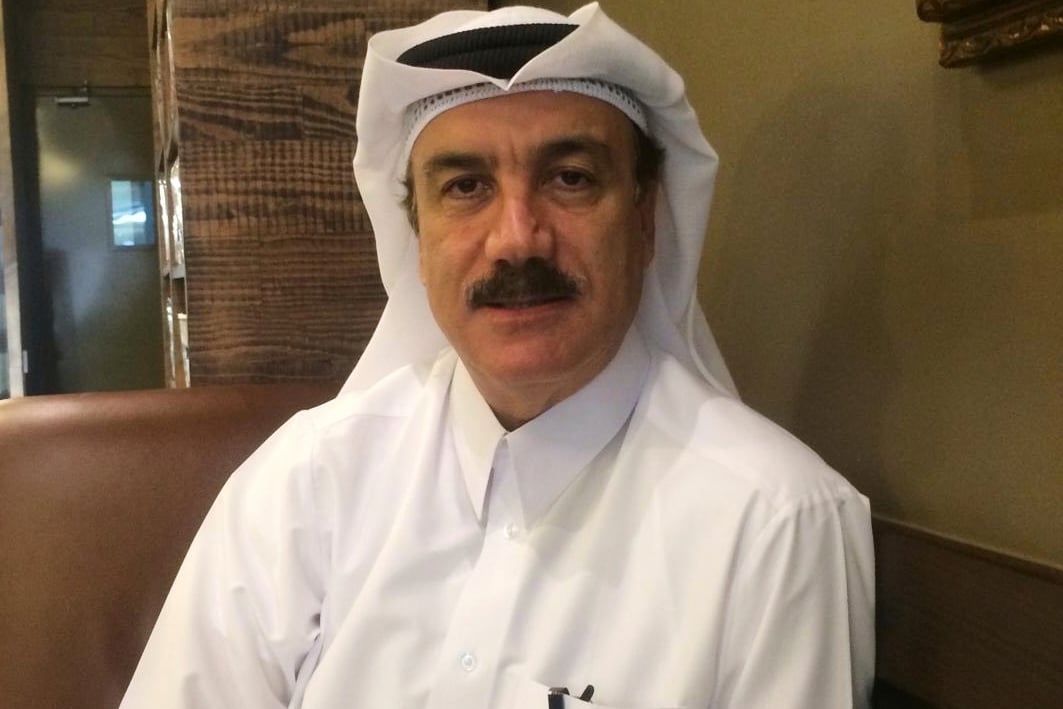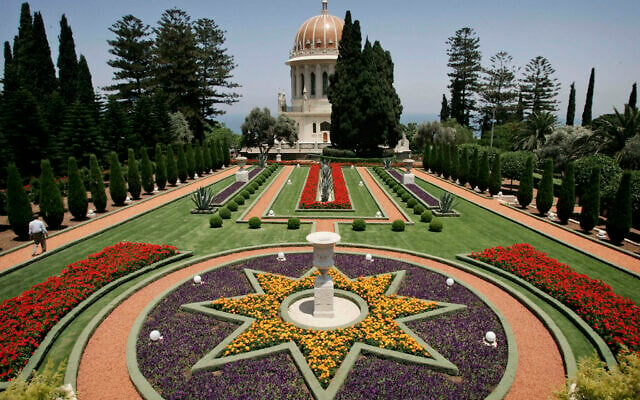



AP — The leader of the small Baha’i community in Qatar was sentenced Wednesday to five years in prison for social media posts that allegedly “cast doubt on the foundations of the Islamic religion,” according to court documents obtained by an international Baha’i organization monitoring the case.
A three-judge panel of Qatar’s Supreme Judiciary Council issued the verdict against Remy Rowhani, 71, who has been detained since April, according to documents provided to The Associated Press by the Baha’i International Community office in Geneva, Switzerland.
The judges rejected a defense request for leniency on grounds that Rowhani suffered from a heart condition, according to the documentation.
Saba Haddad, the Geneva office’s representative to the United Nations, depicted the verdict as “a serious breach and grave violation of the right to freedom of religion or belief and an attack on Remy Rowhani and the Baha’i community in Qatar.”
Haddad’s office, in a post on X, called on the international community “to urge Qatar’s government to uphold international law and ensure Mr. Rowhani’s immediate release.”
Queried by The Associated Press about the verdict, Qatar’s International Media Office issued this response:
“Qatar’s Constitution guarantees the right to freedom of worship for all. This must be exercised in accordance with the law and must not threaten or violate public stability and security. Qatar’s legal system ensures that all parties in any case are granted due process and provided legal representation, with no discrimination based on ethnicity, religion or any other status.”
The verdict came just two weeks after a group of UN human rights experts expressed “serious concern” about Rowhani’s arrest and detention, which they depicted as “part of a broader and disturbing pattern of disparate treatment of the Baha’i minority in Qatar.”
“The mere existence of Baha’is in Qatar and their innocuous presence on X cannot be criminalized under international law,” they said.
Rowhani — former head of Qatar’s Chamber of Commerce — had been arrested once previously, accused of offenses such as routine fundraising related to his leadership of Qatar’s Baha’i National Assembly.
The latest charges, filed in April, involve the Baha’i community’s X and Instagram accounts, which contain posts about Qatari holidays and Baha’i writings.
According to the documentation provided by the Geneva office, Qatari prosecutors alleged that these accounts “promoted the ideas and beliefs of a religious sect that raises doubt about the foundations and teachings of the Islamic religion.”
Rowhani’s daughter, Noora Rowhani, who lives in Australia, said via email that the five-year verdict is “so unfortunate and so shocking.”
“My eye condition is deteriorating and in five years, even if I meet, him I will most probably not be able to see him anymore,” she added.
The Baha’i faith — a small but global religion with an interfaith credo — fits comfortably into the religious spectrum of most countries, but in several Middle East nations, Baha’i followers face repression that is drawing criticism from rights groups.
The abuse is most evident in Iran, which bans the faith and has been widely accused of persecuting Baha’i followers, human rights advocates say. They also report systemic discrimination in Yemen, Qatar and Egypt.
Advocates say Iran’s government has pressed for repression of the Baha’i followers in countries where it holds influence, such as Yemen, where Iran-backed Houthi rebels control the northern half of the country, and Qatar, which shares with Iran the world’s largest natural gas field.
The Baha’i faith was founded in the 1860s by Baha’u’llah, a Persian nobleman considered a prophet by his followers. Muslims consider the Prophet Muhammad the highest and last prophet.
From the Baha’i faith’s earliest days, Shiite Muslim clerics have denounced its followers as apostates. That repression continued after Iran’s 1979 Islamic Revolution, when many Baha’i followers were executed or went missing.
There are fewer than 8 million Baha’i believers worldwide, with the largest number in India.

